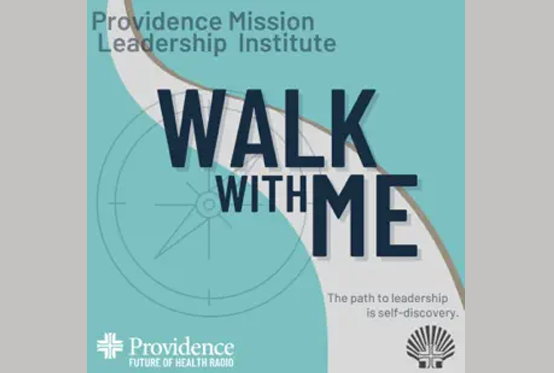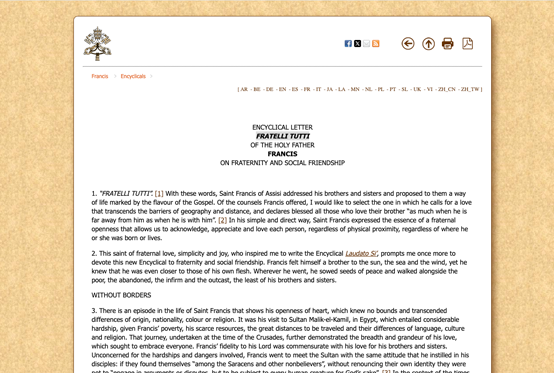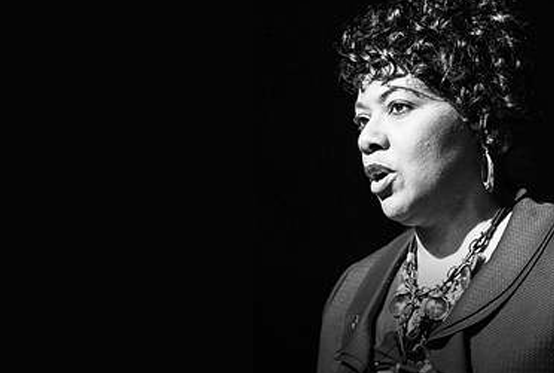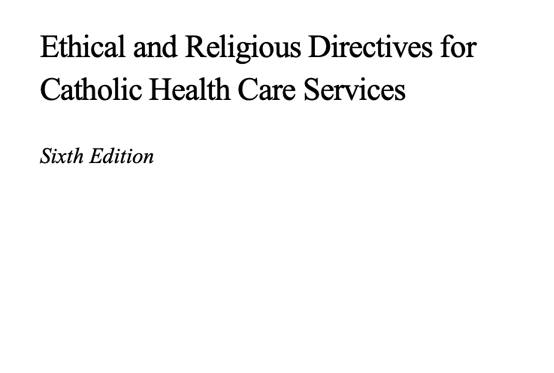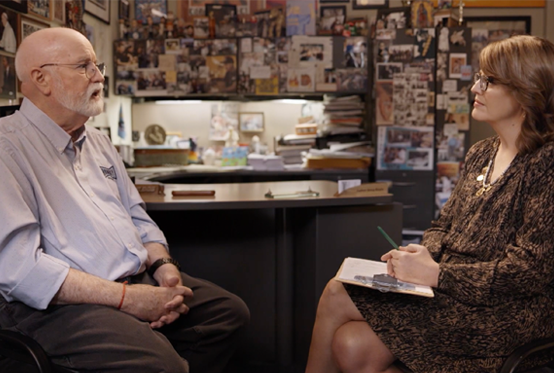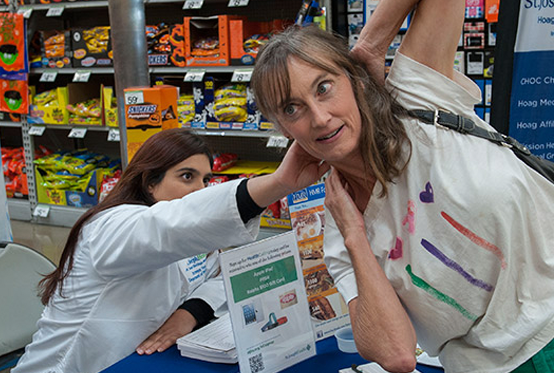Ministry: January 16-17, 2025
Syllabus
UNDERGRADUATE PROGRAM
Term: Spring 2025
Credits: 3
Session Recordings
JANUARY 16, 2025
JANUARY 17, 2025
Luminary
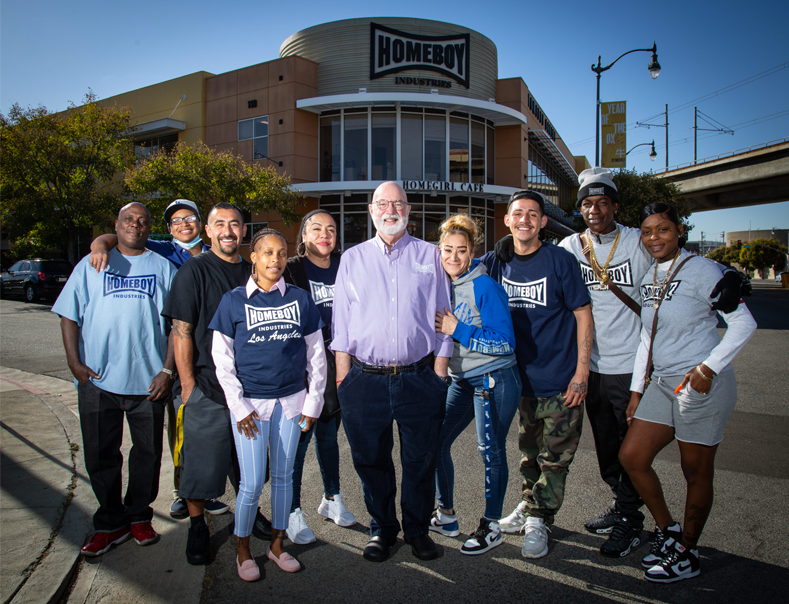
Fr. Gregory Boyle, SJ
Founder, Homeboy Industries
A native Angeleno and Jesuit priest, from 1986 to 1992 Father Boyle served as pastor of Dolores Mission Church in Boyle Heights, then the poorest Catholic parish in Los Angeles that also had the highest concentration of gang activity in the city.
Father Boyle witnessed the devastating impact of gang violence on his community during the so-called “decade of death” that began in the late 1980s and peaked at 1,000 gang-related killings in 1992. In the face of law enforcement tactics and criminal justice policies of suppression and mass incarceration as the means to end gang violence, he and parish and community members adopted what was a radical approach at the time: treat gang members as human beings.
In 1988 they started what would eventually become Homeboy Industries, which employs and trains former gang members in a range of social enterprises, as well as provides critical services to thousands of men and women who walk through its doors every year seeking a better life.
Father Boyle is the author of the New York Times bestsellers Tattoos on the Heart: The Power of Boundless Compassion (2010), Barking to the Choir: The Power of Radical Kinship (2017), Tattoos on the Heart: The Whole Language, The Power of Extravagant Tenderness (2021) and Cherished Belonging: The Healing Power of Love in Divided Times (2024).
He has received the California Peace Prize and been inducted into the California Hall of Fame. In 2014, President Obama named Father Boyle a Champion of Change. He received the University of Notre Dame’s 2017 Laetare Medal, the oldest honor given to American Catholics. Currently, he serves as a committee member of California Governor Gavin Newsom’s Economic and Job Recovery Task Force as a response to COVID-19.
Sensory Focus
Presence: An Afternoon on the Margins, Walking with Compassion
As healthcare leaders, you are called not only to care for those within the walls of our hospitals but also to connect deeply with the broader communities we serve. For our final sense experience, you’ll use all five of your senses to focus on being present, fostering empathy with a renewed commitment to the Mission: As expressions of God’s healing love, witnessed through the ministry of Jesus, we are steadfast in serving all, especially those who are poor and vulnerable.
As Fr. Greg Boyle, reminds us: “We don’t go to the margins to rescue anyone. We go there to be rescued. To stand in awe of what the poor have to carry rather than in judgment at how they carry it.” In this spirit, we encourage you to set aside assumptions and approach the experience with humility, allowing the stories and struggles of the marginalized to challenge and transform your perspectives.
We aim to cultivate what Fr. Boyle calls “a community of kinship.” He says, “If kinship was our goal, we would no longer be promoting justice. We would be celebrating it.” This powerful sentiment will guide our conversations and reflections as we seek to embrace the humanity and dignity of all people, particularly those most often overlooked. By stepping out of the familiar and into the stories of the marginalized, we open ourselves to the possibility of transformation—not only in how we lead but in how we view the world.
Session Pre-work
Ahead of the session, please spend 1-2 hours reviewing the pre-work.
E-Portfolio Inspiration
Include one of these activities in your e-portfolio.
Catholic health care as a ministry of the Catholic Church
- Explore the “About” page of the Catholic Healthcare Association
- Read through the Ethical and Religious Directives paying particular attention to the Preamble, General Introduction and Part One
Hopefully, you picked up on the inclusivity of Catholic healthcare. While rooted in Catholic tradition and primarily founded by Catholic religious women, the ministry is in service to all, especially those who are poor and vulnerable. Why do Mission Integration and Mission-centered leaders need to understand the connection between Catholic healthcare and the Catholic Church? What do we need to understand and uphold about this critical foundation and connection as Mission-centered and Mission Integration leaders? Where can you go to learn more, ask questions, and share thoughts?
For your E-Portfolio:
Consider the information you just reviewed. What resonates with you? What would you like to learn more about? Add to your E-Portfolio pictures, articles, thoughts, videos, or any other depiction or opportunity related to Mission Integration and Mission-centered leadership at Providence.
Mission Integration as a strategic differentiator in Catholic health care
- Explore the Mission pages of the Catholic Healthcare Association
- Explore the Providence Mission Integration SharePoint site
Consider what you found in your exploration. What stood out as necessary or particularly supportive for faith-based healthcare ministries? Why would Catholic healthcare need the roles of Mission Integration as well as Mission-centered leaders?
For your E-Portfolio:
Choose one or two Mission activities or strategies you’ve either observed in your service line or learned about in the site searches. Add to your E-Portfolio pictures, articles, thoughts, videos, or any other depiction or opportunity related to Mission Integration at Providence.
Take a few minutes to watch this heritage video that highlights the contributions of the Sisters of St. Joseph of Orange and the Sisters of Providence to our healing ministry.

